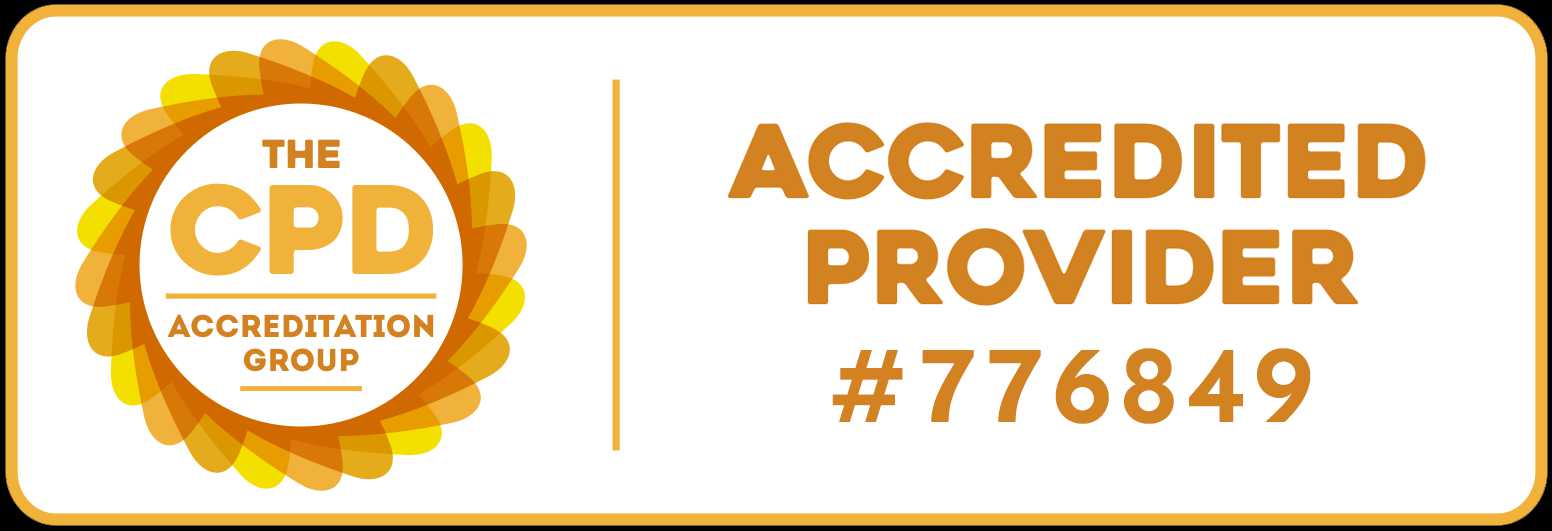Jocelyne Boumosleh
Notre Dame University-Louaize, Lebanon
Title: Sports nutrition knowledge among professional basketball athletes and coaches in Lebanon
Biography
Biography: Jocelyne Boumosleh
Abstract
A total of 189 Division-I basketball players and coaches completed a self-administered questionnaire. Adequate Nutrition Knowledge (NK) (≥60% of questions answered correctly was found among about 20% and 46% of basketball players and coaches, respectively. Among basketball players, there was no significant difference in mean NK score between males and females. However, significant differences in NK status were observed between the two gender groups (Adequate NK: F, 31.4% vs. M,15.4%). Among basketball players and coaches, the top resource that participants indicated to use to obtain current nutrition information was dietician/nutritionist. Only 4.5% of the basketball players and none of the coaches said that their club has a dietitian/nutritionist and approximately 68%/66% and 91%/82% of basketball players and coaches indicated that having a dietitian/nutritionist on their team would help them in achieving a healthy diet and improving their athletic performance, respectively. Adequate NK status was found to be associated with having taken nutrition courses, had a consultation with a dietician/ nutritionist and a dietician/nutritionist spoken to team. Despite widespread lack of adequate nutrition knowledge among coaches (~55%) and basketball players (80%) in Lebanon, our sports clubs do not have dieticians/nutritionists, the top source of nutrition information as reported by our study participants. The management of each sport club should start to budget for hiring a dietitian/nutritionist and nutrition education campaigns should be designed and targeted towards groups of people at high risk of having inadequate nutrition knowledge (males, individuals with no nutrition background).

